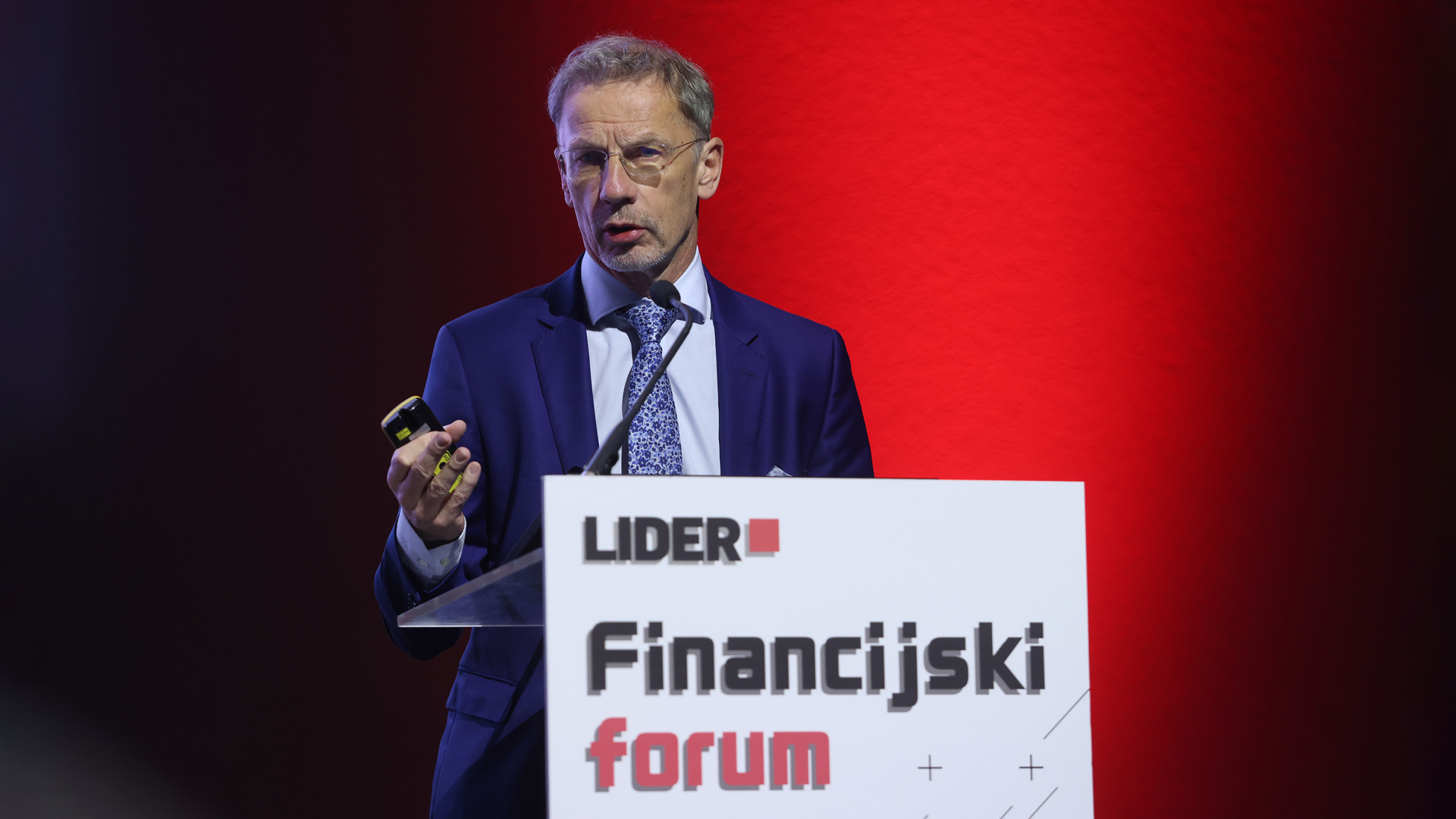
"Heightened tensions in global trade relations and increased geopolitical uncertainty are becoming an increasing risk to the economic outlook. After strong growth in late 2024, the Croatian economy could stagnate in early 2025, partly due to the retail boycott. The trajectory of the gross domestic product should continue to significantly outperform the pre-pandemic trend, and we expect growth of 3.2 percent this year and three percent next year. The labour market is very strong. More than 50,000 jobs were created last year, with a record increase in nominal and real wages. Strong employment growth is expected in both this year and the next, with a gradual slowdown in the increase in wages. Compared to 2019, the increase in wages was widespread, with the purchasing power of the lowest wages increasing the most. We also expect inflation in Croatia to slow down further this year and to fall to 2.2 percent in 2026. At the same time, the cumulative increase in the general level of prices since mid-2021 in Croatia has been lower than in other Central and Eastern European countries, except Slovenia," said Governor Boris Vujčić yesterday in a presentation titled "Stability in Unstable Times: Business Challenges in a Changing Environment" at the "Financial Forum 2025: Opportunities for Entrepreneurs and Investors!" organised by the business weekly Lider.
Speaking about interest rates on new loans to companies in the euro area, he said that they are generally decreasing and that a gradual decrease in interest rates on existing loans is also visible. "In Croatia, interest rates on corporate loans are at the level of those in the euro area, and currently Croatia has lower interest rates than Slovenia, Slovakia and the Baltic countries and the non-euro area EU countries. The pattern of corporate financing has changed significantly, the share of companies with financial debt has decreased, and young companies are financed by banks to a smaller extent. In Croatia, the biggest problems in the operation of companies still revolve around regulations and the regulatory framework, which is too complicated and changes too often, which is why the focus should be on that area," the Governor believes.
Speaking about the growth of US tariff barriers, the Governor concluded by saying that Croatia should not be directly affected given that its share of exports to the US market is very small, among the smallest in Europe. However, through production and trade chains, Croatia could feel indirect negative effects due to the weakening of foreign demand.
